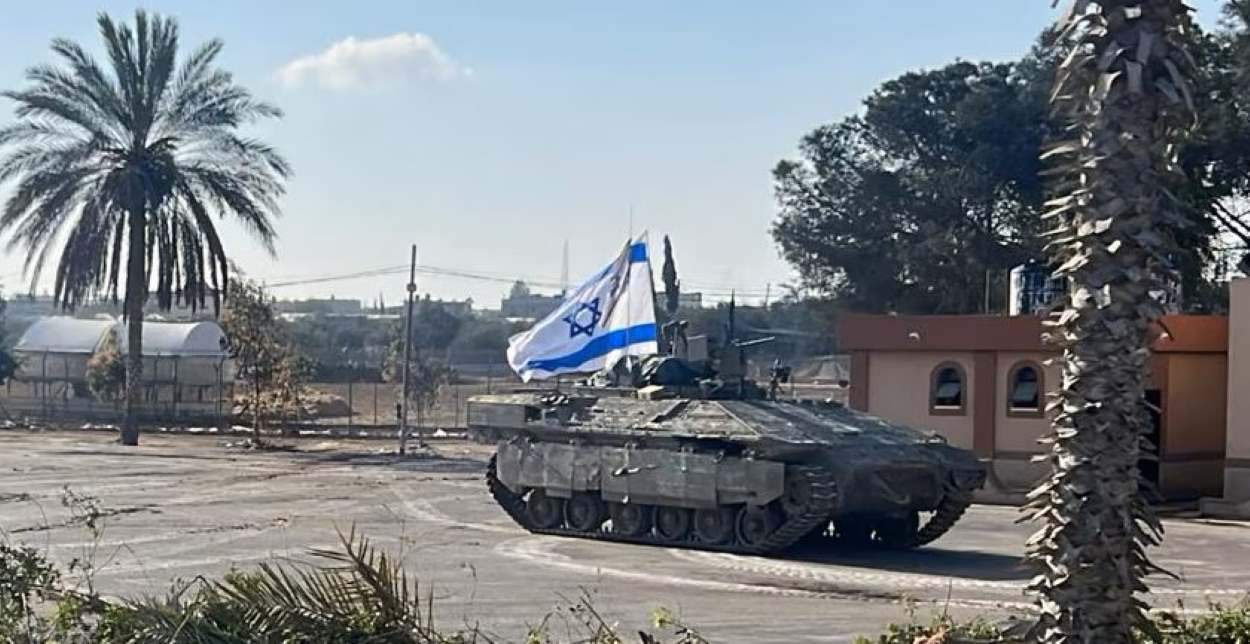Israel deployed tanks into Rafah, a city in southern Gaza, taking control of the border crossing with Egypt and blocking the United Nations’ access.
On Monday, Israel had warned Palestinians in the area to evacuate, anticipating a ground operation. Army footage revealed tanks with Israeli flags securing operational control of the Palestinian side of the border. The military stated the operation targeted specific objectives.
Jens Laerke, a UN humanitarian office spokesman, reported Israel blocked access to Kerem Shalom, another vital aid crossing. He noted only a single day’s fuel supply was left in Gaza. He warned that without additional fuel, humanitarian efforts would be severely impacted.
Overnight, intense bombings struck Rafah, killing 27 people across two hospitals, as per reports from AFP and local sources. Following this, Hamas’s armed wing launched rockets at Israeli troops stationed at Kerem Shalom. The Israeli army attributed this attack to forces in Rafah.
The ongoing conflict in Gaza began with a significant attack by Hamas on October 7, killing over 1,170 people. In retaliation, Israel’s military actions have resulted in at least 34,789 deaths in Gaza, predominantly among women and children, as reported by Gaza’s health ministry.
Amid these hostilities, Egypt and Qatar are leading ceasefire talks. Hamas has agreed to a ceasefire proposal, leading to Rafah celebrations. However, Israeli Prime Minister Benjamin Netanyahu’s office stated the proposal did not meet Israel’s core demands, though Israel would participate in further negotiations to explore potential agreements.
The United States is currently reviewing Hamas’s response to the ceasefire. Khalil al-Hayya of Hamas detailed the truce terms on Al Jazeera, which include an Israeli withdrawal, resettlement of displaced Palestinians, and a hostage-prisoner swap aiming for a lasting ceasefire.
Qatar is facilitating negotiations in Cairo, expressing hope for a resolution that leads to an immediate and lasting ceasefire in Gaza. A senior Hamas official emphasized that the decision now rests with Israel to accept or obstruct these efforts toward peace.






